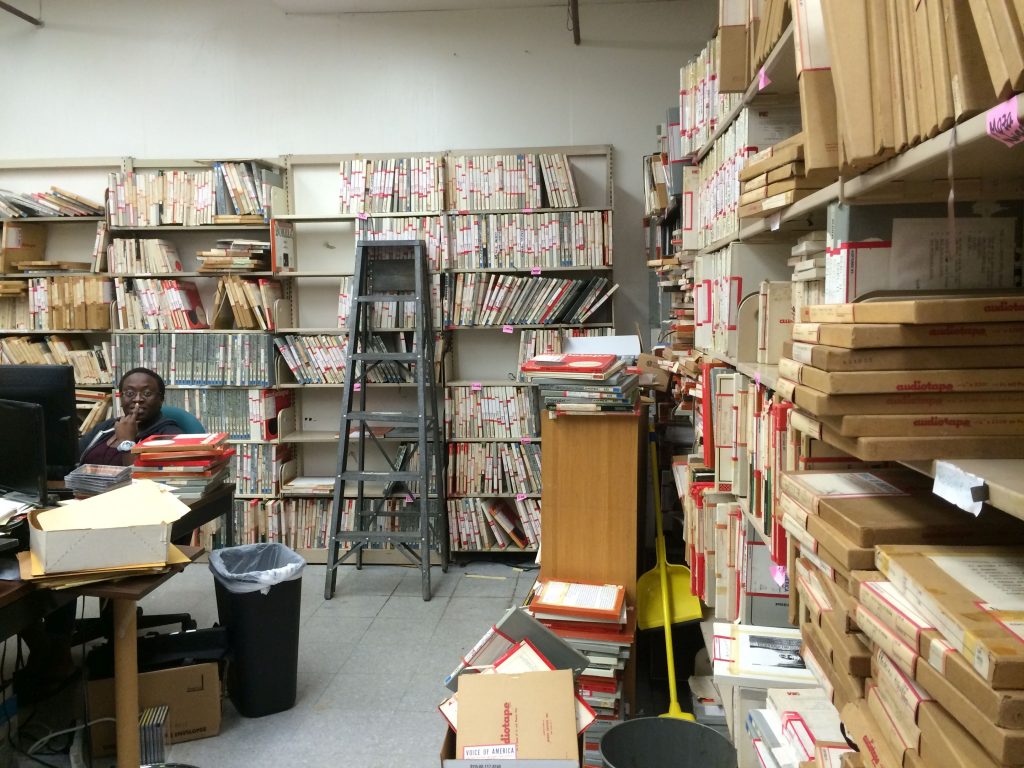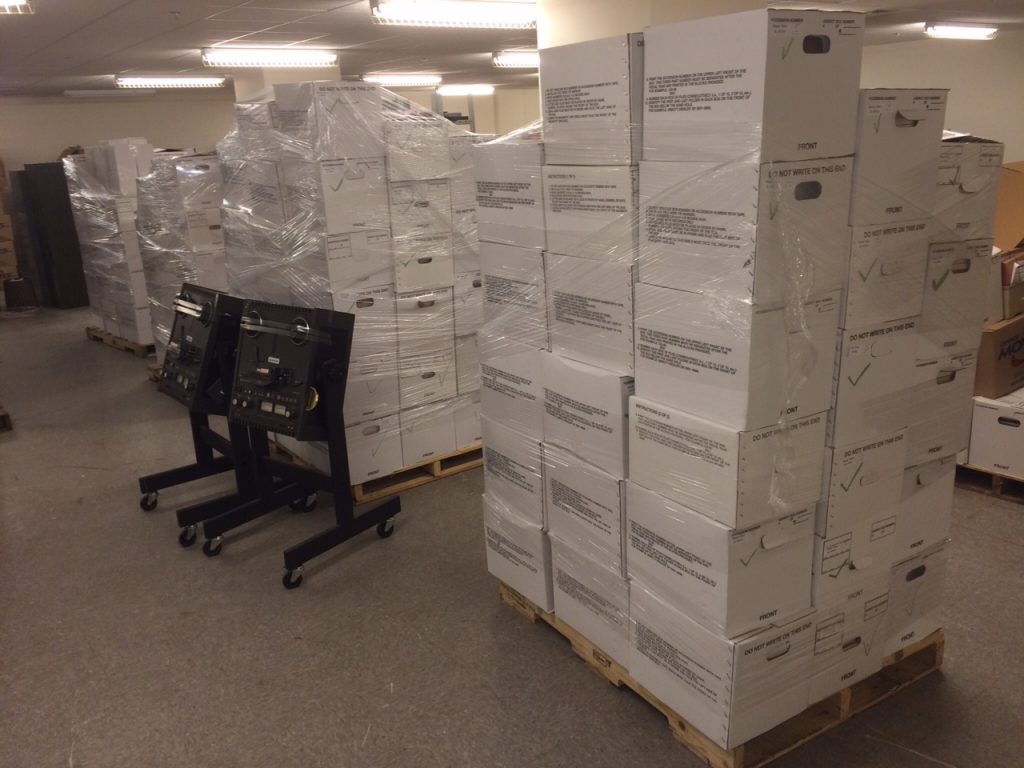
UMSI receives NEH Grant
In spring 2016, the University of Michigan School of Information received a grant to fund ethical access to the radio show Music Time in Africa, which is the oldest continuously operating broadcast to the African continent. The $260,000 National Endowment for the Humanities grant will help make an archive of African music and radio programming available to US and global audiences. The grant period began on June 1, 2016 and ends May 31, 2018. Co-principal investigators include Kelly M. Askew, U-M professor of anthropology and Afroamerican and African studies, and University of Michigan Associate Professor Paul Conway. Shannon Zachary, head of preservation and conservation at MLibraries, and Robert McIntyre, digital asset management consultant at the MLibraries, will also work on the project along with teams of UMSI students.


